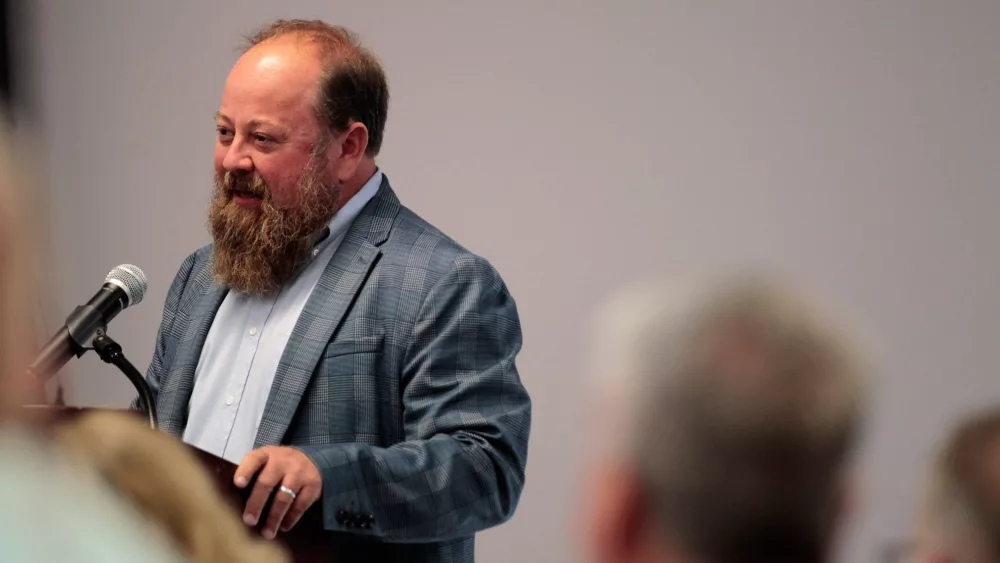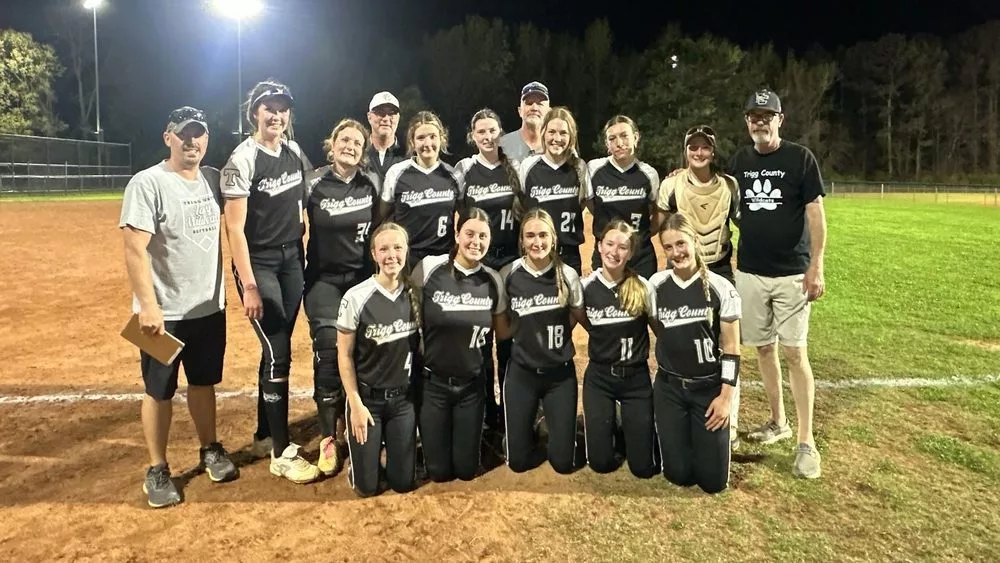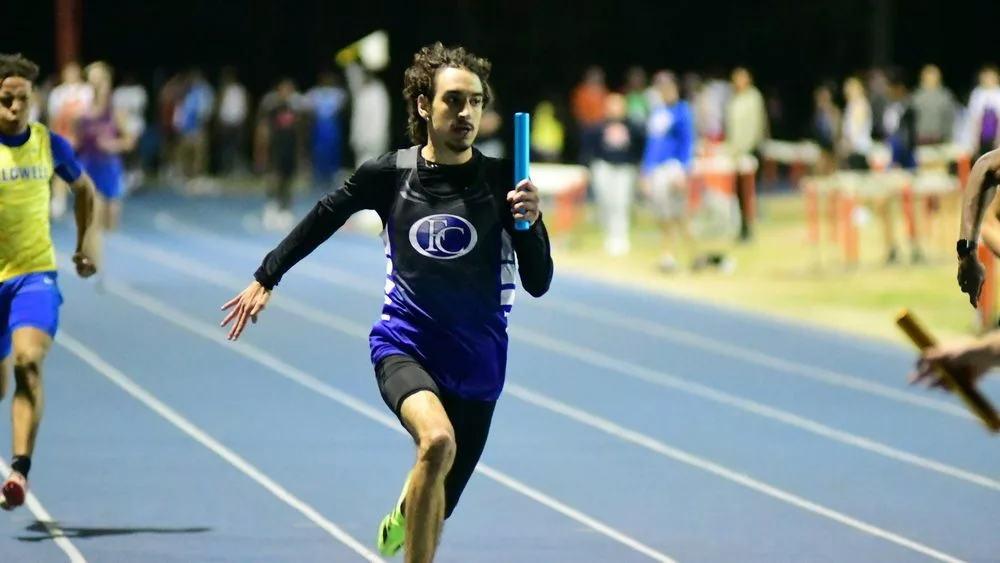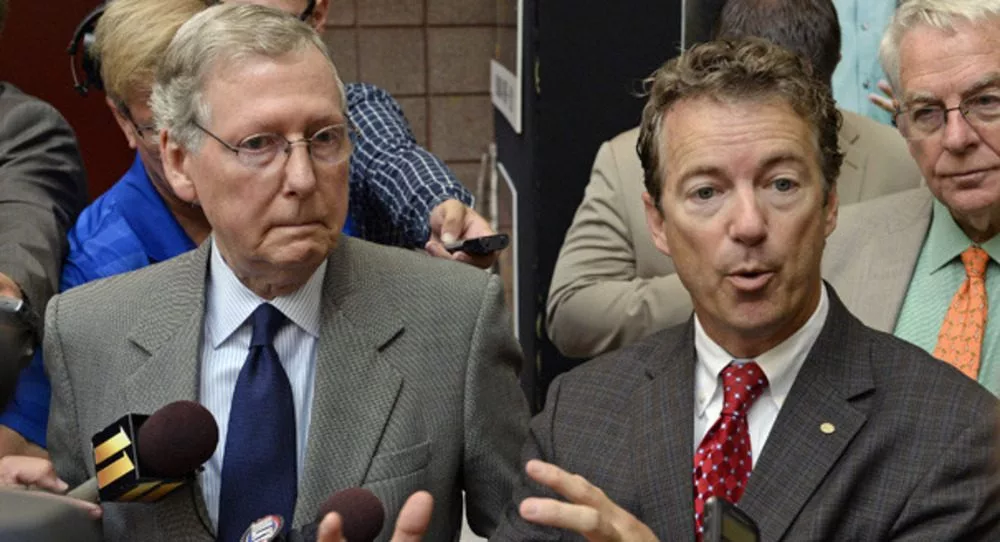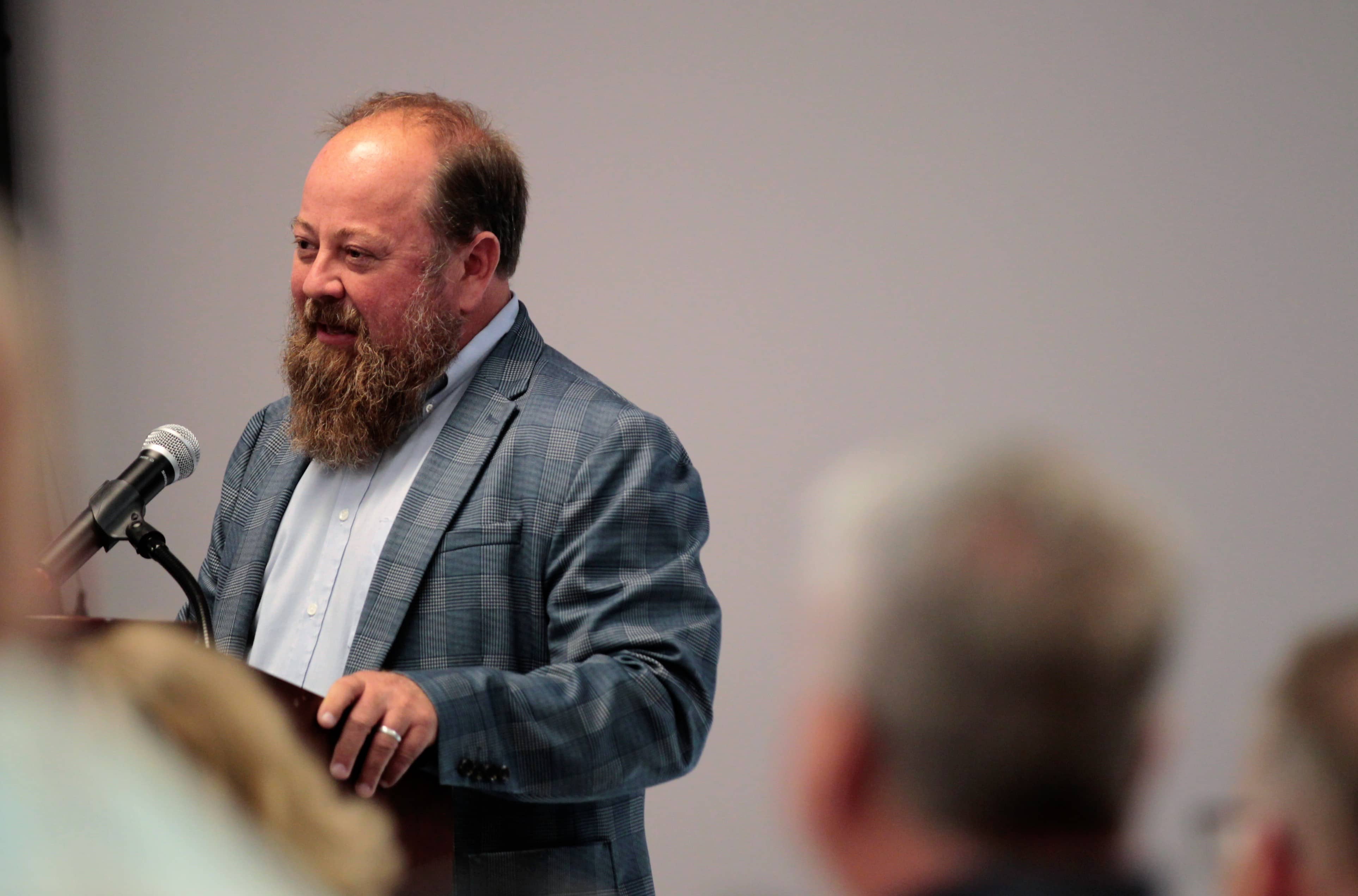
With a feasibility team organized and a study just getting under way, Murray State University’s Dean for the Hutson School of Agriculture Dr. Brian Parr spent Monday afternoon with officials from the Pennyrile Area Development District — shedding more light on the chances of a Racer veterinary school in west Kentucky.
MSU, he said, possesses several key pillars that could make its construction and implementation a positive and credible reality for the region, and the Commonwealth, including:
— A strong research and development facility in Christian County’s Breathitt Veterinary Center;
— A wide breadth of qualified faculty and staff in the department;
— And the land to build it.
But most of all, he added, MSU has the student demand for further developed veterinary and animal sciences.
Nearly 1,700 students comprise the largest freshmen contingent in the school’s 100-year history. And of its nearly 10,000 enrolled, more than 1,400 are involved in agriculture. Of those, more than 400 are currently diving into pre-veterinary and veterinary technician and clinician studies.
It means at least 5% of the student body finds itself dealing with animal health and wellness on a semester-by-semester basis, and yet have no opportunity to attend a veterinary school in Kentucky — instead having to be referred to great in-kind programs with Auburn and Tuskegee University.
Dr. Parr said there is a “want, and desire” to have the BVC in Hopkinsville help integrate undergraduate and veterinary school education, and that a college of veterinary science would employ the assistance of local and regional resources — placing prospective students inside veterinary offices and appropriate industries, in order to create the in-person information exchange.
Another strong sign of Kentucky’s need for its own veterinary school, Dr. Parr added, comes from one of his former employers in Auburn — which, again, regularly accepts the Commonwealth’s best in its vet-related programs.
He said the feasibility study should be concluded around Thanksgiving, but families shouldn’t expect a school and its coursework in place for at least the next four years, and that’s only if it’s supported and approved.
But there’s a lot of momentum.
Dr. Parr also indicated that during his MSU tenure, he’s hoping to see the Hutson School of Agriculture become the Hutson College of Agriculture, which would bring it further distinction and operating mobility.
Faculty and students already have control of more than 600 acres of research and field trial crops, and more than 200 students at MSU are pursuing master’s or stronger credentials in agriculture-related fields.


